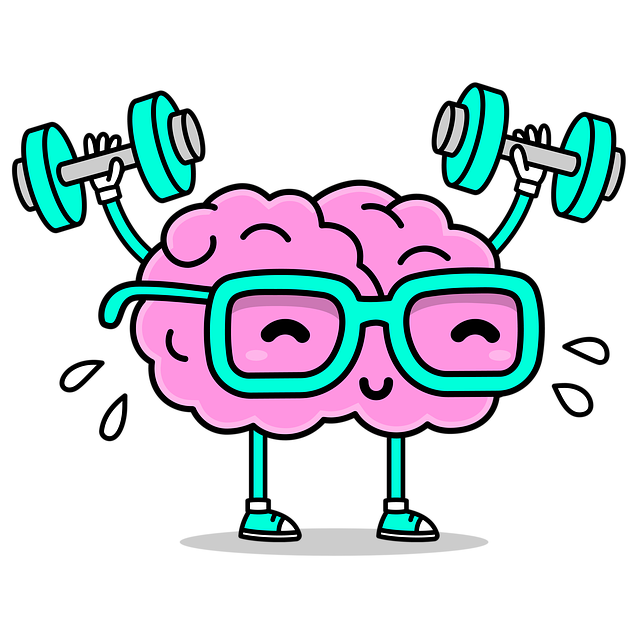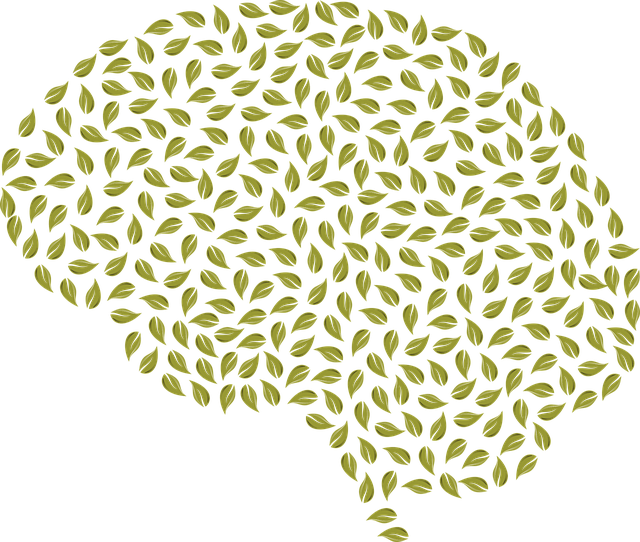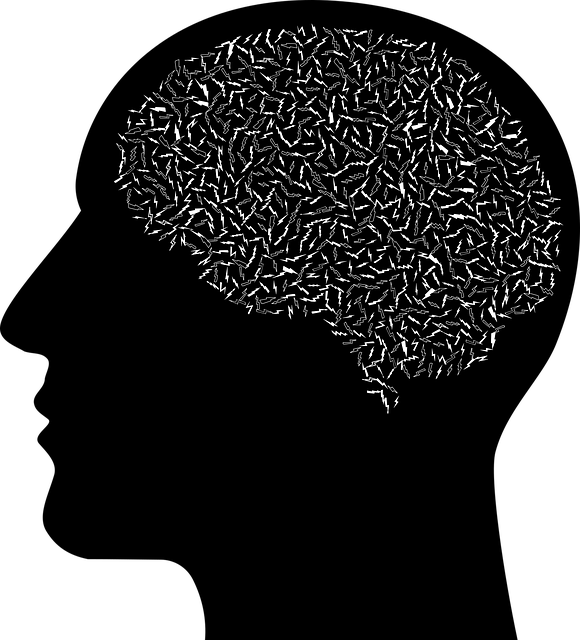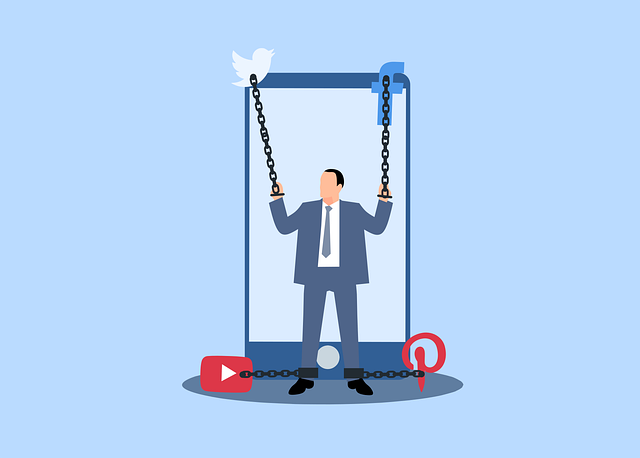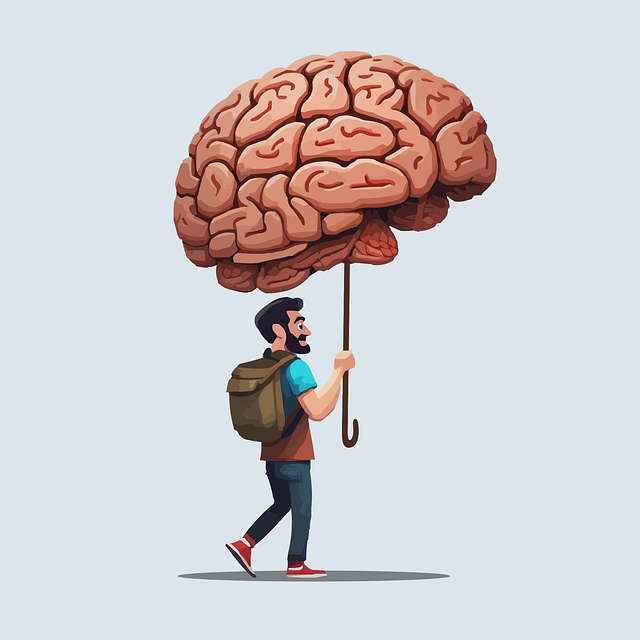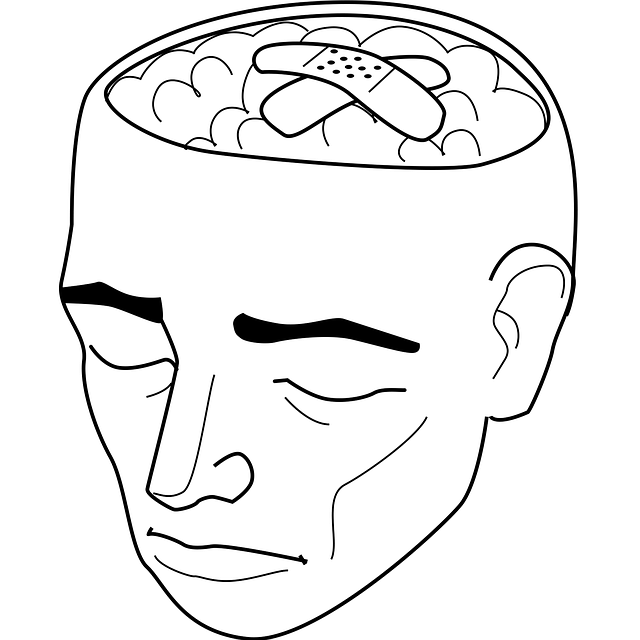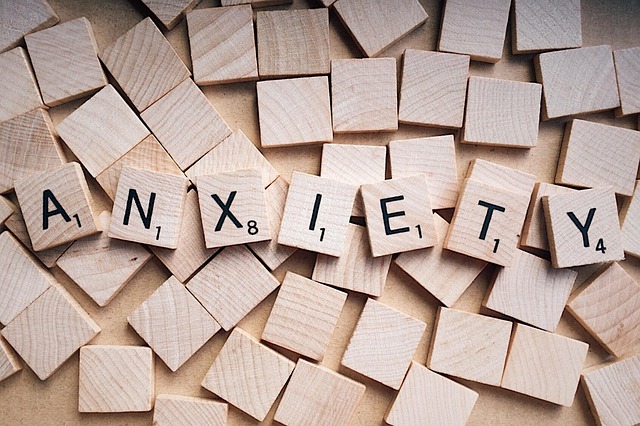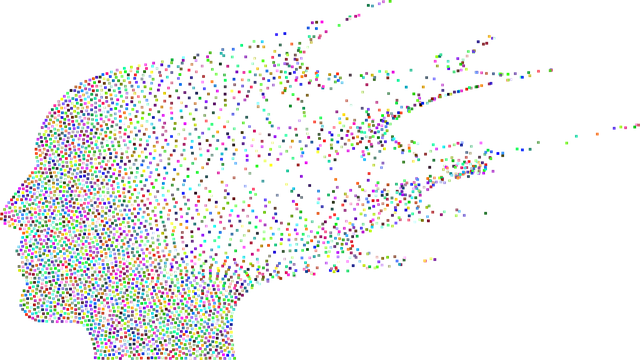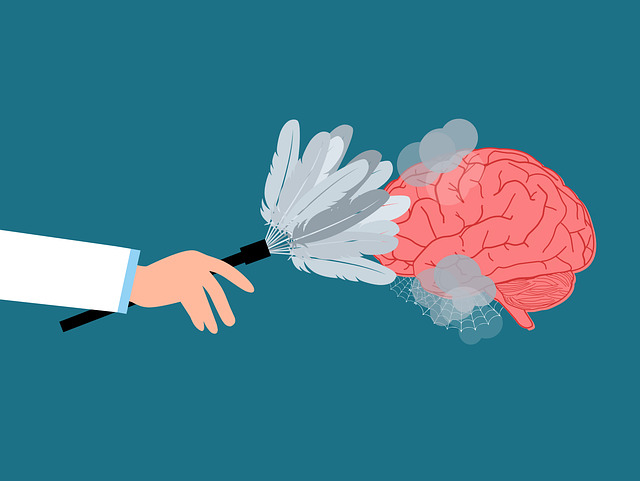Lafayette Oppositional Defiance Disorder (ODD) therapy focuses on managing chronic stress through Emotional Intelligence (EQ) training, risk management planning, and cognitive behavioral techniques (CBT). This holistic approach involves collaborative multidisciplinary efforts, teaching mindfulness, relaxation techniques, and effective communication skills. By integrating these strategies, ODD individuals learn healthier coping mechanisms, improve emotional regulation, reduce oppositional behaviors, and enhance long-term mental health well-being.
Stress reduction is a vital component of maintaining mental well-being, especially for individuals dealing with conditions like Lafayette Oppositional Defiant Disorder (ODD). This article explores comprehensive strategies to mitigate stress and its profound impact on mental health. We delve into evidence-based therapies, such as Lafayette ODD therapy, cognitive behavioral techniques, and mindfulness practices, offering a holistic approach to cultivating a calmer mindset. By understanding the root causes of stress and implementing effective reduction methods, readers can navigate life’s challenges with enhanced resilience.
- Understanding Stress and Its Impact on Mental Health
- Lafayette Oppositional Defiant Disorder (ODD) Therapy: A Comprehensive Approach
- Cognitive Behavioral Techniques for Stress Reduction
- Lifestyle Changes and Mindfulness Practices for a Calmer Mindset
Understanding Stress and Its Impact on Mental Health

Stress is a natural response to challenging situations, but when it becomes chronic, it can significantly impact mental health. It’s essential to recognize that stress isn’t always negative; acute stress can enhance performance and focus. However, persistent stress, often triggered by continuous work pressure, personal relationships, or financial issues, can lead to various mental health disorders. For individuals with conditions like Oppositional Defiance Disorder (ODD) in Lafayette, managing stress is crucial for symptom reduction and overall well-being.
Emotional Intelligence (EQ) plays a pivotal role in understanding and regulating stress responses. Professionals specializing in ODD therapy often incorporate techniques to enhance EQ, such as teaching clients to recognize and manage their emotions effectively. This involves developing emotional regulation skills, which are essential for coping with stressful situations. Additionally, risk management planning is a critical aspect of mental health support, ensuring individuals have tools to navigate challenging environments and avoid escalating stress levels.
Lafayette Oppositional Defiant Disorder (ODD) Therapy: A Comprehensive Approach

In addressing Lafayette Oppositional Defiant Disorder (ODD) Therapy, a comprehensive approach is essential to effectively manage and overcome this challenging condition. This involves a multidisciplinary team that includes therapists, counselors, and sometimes healthcare providers specializing in mental health. The primary goal is to help individuals with ODD develop healthier coping mechanisms and improve their emotional regulation skills. Through tailored interventions, the therapy aims to reduce oppositional behaviors and enhance positive interactions within various settings, including home and school.
Key components of Lafayette ODD Therapy include teaching mindfulness and self-soothing techniques, encouraging effective communication strategies, and fostering problem-solving abilities. Burnout prevention strategies for healthcare providers involved in this process are vital to ensure they can offer consistent support over an extended period. By integrating mind over matter principles, individuals with ODD learn to manage their emotions more constructively, leading to improved relationships and a higher quality of life. This holistic approach not only targets the symptoms but also promotes long-term resilience against potential relapses.
Cognitive Behavioral Techniques for Stress Reduction

Cognitive Behavioral Techniques (CBT) offer a powerful tool for stress reduction, especially effective in managing conditions like Oppositional Defiance Disorder (ODD). By identifying and challenging negative thought patterns, CBT helps individuals recognize and change unhelpful behaviors. This approach encourages positive coping strategies and enhances overall mental wellness.
In the context of mental health professional development, integrating CBT into practice involves Risk Management Planning to navigate potential challenges. Conflict Resolution Techniques, often a part of CBT, are crucial for both personal growth and effective client interactions. Moreover, Mental Wellness Coaching Programs can further support individuals in adopting healthier habits and maintaining long-term stress reduction.
Lifestyle Changes and Mindfulness Practices for a Calmer Mindset

Adopting a calmer mindset starts with mindful lifestyle changes. Regular exercise, for instance, releases endorphins that act as natural stress relievers and can improve overall well-being. Incorporating relaxation techniques like deep breathing exercises or yoga into daily routines helps to quiet the mind and reduce tension. Mindfulness practices, such as meditation, encourage present-moment awareness, allowing individuals to detach from stressful thoughts. This is especially beneficial for those managing conditions like Oppositional Defiance Disorder (ODD) in Lafayette, where learning to regulate emotions can significantly improve quality of life.
In addition to these practices, seeking support from a healthcare provider with expertise in mental health or ODD therapy can be invaluable. Cultural competency training and social skills training within these settings can further enhance stress management. Stress Management Workshops organized by various organizations also offer practical tools and strategies for coping with daily stressors. Engaging in these activities equips individuals with the necessary skills to cultivate a more peaceful mindset, even in challenging situations.
Stress reduction is a multifaceted journey, and as this article has explored, various methods can help individuals navigate their mental health journeys. From understanding stress’s profound impact on mental well-being to adopting comprehensive therapy approaches like Lafayette Oppositional Defiant Disorder (ODD) treatment, cognitive behavioral techniques, and mindfulness practices, there are effective tools for managing stress. By combining these strategies, individuals can foster a calmer mindset and improve their overall mental health, allowing them to live more fulfilling lives.
